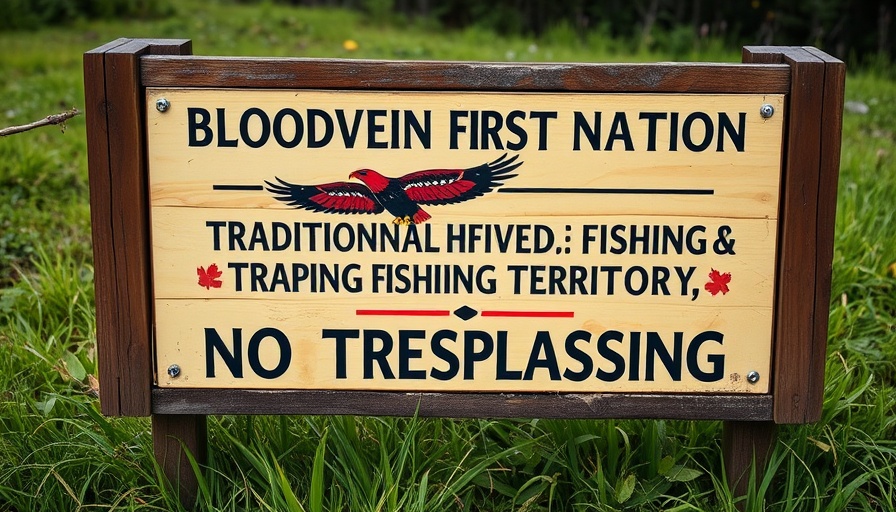
A Bold Move by a First Nation to Protect Natural Resources
In a significant shift in wildlife management, a First Nation in Canada has enacted a ban on non-Native hunters in its territory due to concerns about overhunting. This decision reflects a growing emphasis on Indigenous stewardship of natural resources, aiming to ensure the sustainability of wildlife populations and habitats. The ban serves not only to preserve the biodiversity of the region but also to foster a deeper understanding of the delicate balance between human activity and nature.
Understanding the Importance of Indigenous Land Rights
Indigenous land rights are integral to the protection and management of local ecosystems. With increasing recognition of their sovereignty, First Nations are reclaiming control over their traditional territories. This ban exemplifies the assertion of rights and responsibilities that Indigenous communities have towards their land. By prioritizing their needs and traditional values, they are empowering themselves and ensuring that hunting practices align with the ecological health of their habitats.
Parallel Examples from Other Regions
Similar initiatives have been seen in various other regions, showcasing the rising trend of Indigenous-led conservation efforts. For instance, several Native American tribes in the U.S. have implemented hunting restrictions to combat overfishing and to restore balance in ecosystems that have been strained by excessive hunting. These compelling parallels highlight the effectiveness of Indigenous knowledge and practices in managing wildlife sustainably.
Future Implications for Wildlife Management
This proactive approach also shines a light on future trends in wildlife management, suggesting that collaborative efforts between Indigenous communities and governmental bodies may become more prevalent. By working together, these partnerships can create policies that respect Indigenous knowledge systems while also addressing broader conservation goals. This shift could lead to a more cohesive strategy for biodiversity conservation that benefits all parties involved.
Emotional and Community Connections
For families who enjoy outdoor activities like fishing, camping, and hiking, this development holds significant meaning. Many individuals find joy and connection through nature, and recognizing the Indigenous practices that respect and preserve these spaces enhances everyone's outdoor experiences. As communities increasingly prioritize sustainable practices, families can partake in more responsible outdoor activities that support not only their wellbeing but the health of the planet as well.
A Call for Conscious Outdoor Practices
This ban highlights the necessity for all outdoor enthusiasts to reflect on their impact when engaging with nature. Understanding local regulations and respecting Indigenous lands demonstrates a commitment to conservation efforts, allowing everyone to participate in protecting these vital resources. Ensuring that future generations can experience the outdoors in its natural state is a shared responsibility.
 Add Row
Add Row  Add
Add 




Write A Comment